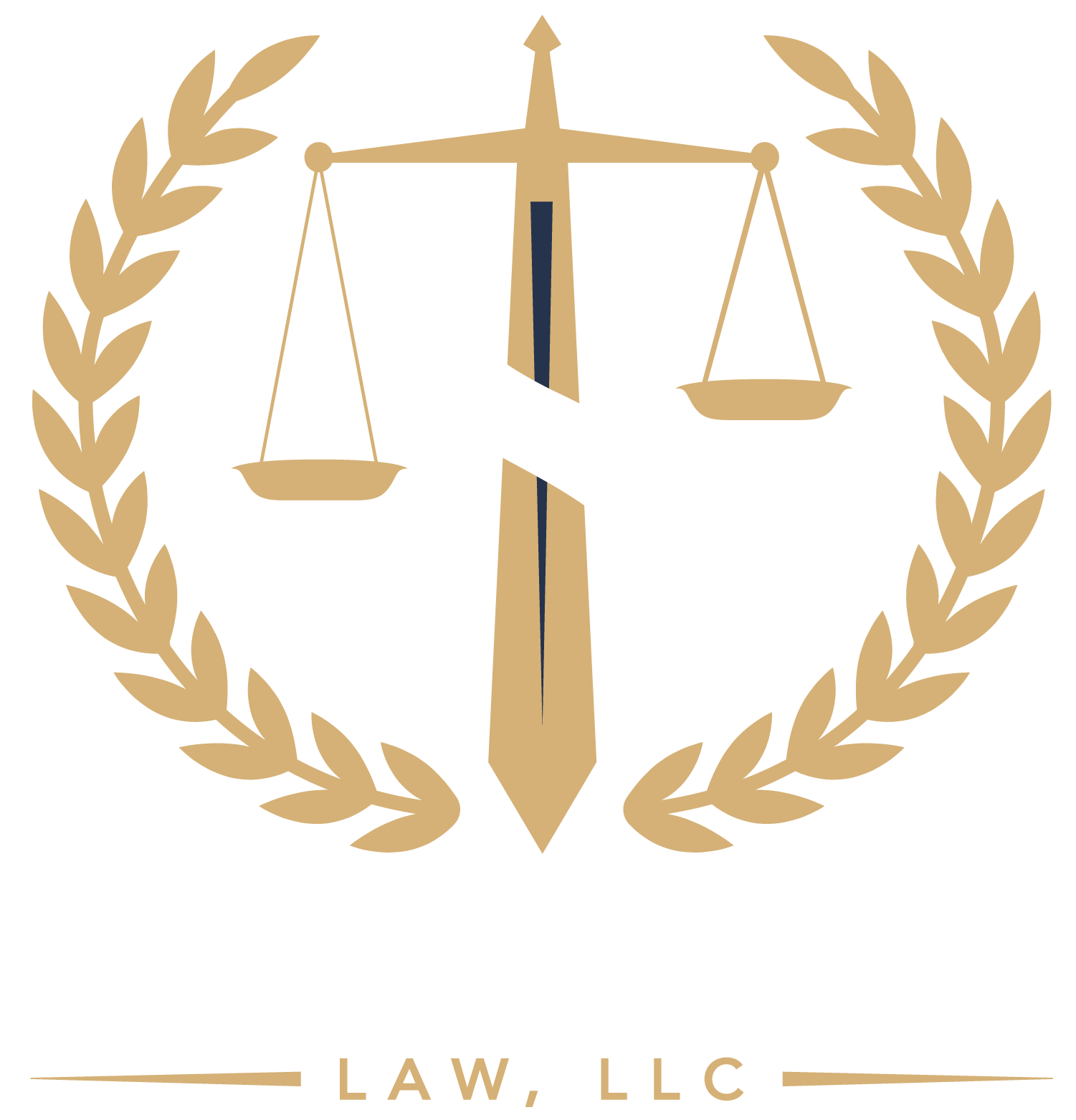
| Landlord Evictions |
Landlord Evictions
Navigating the eviction process as a landlord in Massachusetts can be complex and challenging. Whether you're seeking to remove a tenant for non-payment of rent, lease violations, or other reasons, understanding the procedures and requirements of the eviction process is essential to protect your property rights and ensure compliance with state law.

Overview of the Eviction Process
Notice to Quit
When a person passes away, their estate may need to go through probate to settle debts, distribute assets, and transfer legal title to beneficiaries or heirs. Probate proceedings involve appointing an executor or personal representative to oversee the administration of the estate under the supervision of the Probate and Family Court.
Complaint
If the tenant fails to vacate the premises after receiving a Notice to Quit, the landlord can initiate legal proceedings by filing a Summary Process Complaint in the appropriate Housing Court. The complaint outlines the grounds for eviction and seeks a court order to remove the tenant from the property.
Service of Process
After the expiration of the notice to quit the landlord must serve, in a timely manner the summary process complaint on the tenant prior to filing the eviction. The court will then notify the tenant of the eviction case and the date of the initial court hearing.
Court Hearings
The eviction case will proceed to a series of court hearings, including an initial hearing, known as a tier one event, which serves as mediation session with a Housing Court Specialist. Then, if the case does not settle, to a tier two event which is when the trial takes place.
Judgment
If the court rules in favor of the landlord, a judgment for possession may be issued, authorizing the landlord to regain possession of the property. In cases of non-payment of rent or damage to the unit, the court may also enter a judgment for monetary damages owed by the tenant.
Execution
To enforce the court's judgment, landlords must obtain a writ of execution from the court and coordinate with law enforcement officials, typically the sheriff's department, to physically remove the tenant from the property if they refuse to vacate voluntarily.
Why Choose Sambito Law?
At Sambito Law, we understand the complexities and deadlines involved in housing court matters. We provide compassionate and comprehensive legal representation in housing court proceedings dedicated to guiding you through the process with skill and strategy.
We work closely with clients to develop personalized plans tailored to their unique needs, goals, and concerns as it relates to running your business. Whether you need to create a new lease, or navigate the complexities of housing court, we are here to provide guidance, support, and peace of mind throughout the process.
Contact us:
Ready to navigate the complexities of housing court with confidence and clarity? Whether you're a landlord with one or many units, we're here to provide the personalized legal support you need. Contact Sambito Law today to schedule your free consultation.

Schedule a free case evaluation, or hour consultation today
A case evaluation is complimentary and approximately fifteen minutes over the phone. A formal hour long consultation is $200.00 and can take place in person at our office or via zoom.
A case evaluation is sufficient to get a general understanding of the legal issue at hand and give general advice and feedback.
A formal hour long consultation allows us to dive into the facts and circumstances surrounding your legal issue in detail and either create a strategy to move forward or alleviate your concerns about the given legal issue.

| Contact us |
We've received your message. We will be in contact with you soon.
Thank you,
Sambito Law, LLC
Oops, there was an error sending your message.
Please try again or contact our office directly:
978-447-4156

(978) 447-4156
Burlington, MA
Marlborough, MA
jake@sambitolaw.com
loading ...
loading ...
loading ...
loading ...
In accordance with the rules established by the Supreme Judicial Court of Massachusetts, this website and its contents must be labeled as “advertising.” This website is designed to provide general information and should not be construed as legal advice or opinion regarding any specific circumstances or facts. The viewing of this website, or correspondence through, does not constitute an agreement, nor does it establish an attorney-client relationship. An attorney-client relationship shall only be established upon execution of a retainer agreement. This website is for informational purposes only and should not be used as a substitute for competent legal advice from a licensed attorney in your state. Attorney Sambito is licensed to practice law in the Commonwealth of Massachusetts and the United States District Court for the District of Massachusetts. In accordance with Massachusetts Rule 7.4 of Professional Conduct, Attorney Jake A. Sambito does not intend to hold himself out as specializing in a particular field of law but rather as welcoming matters related to specific practice areas.
© 2024 Sambito Law, LLC | All Rights Reserved
